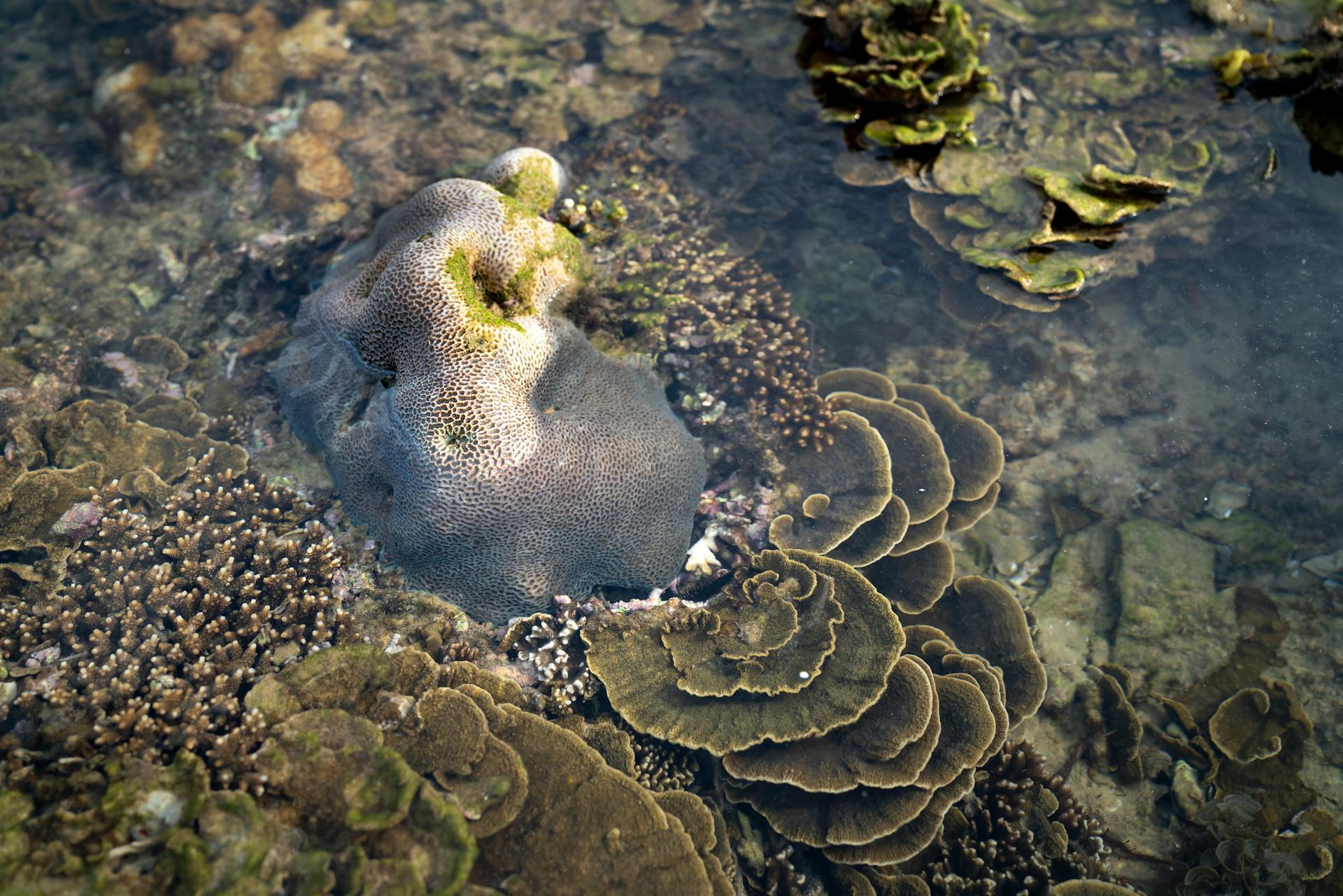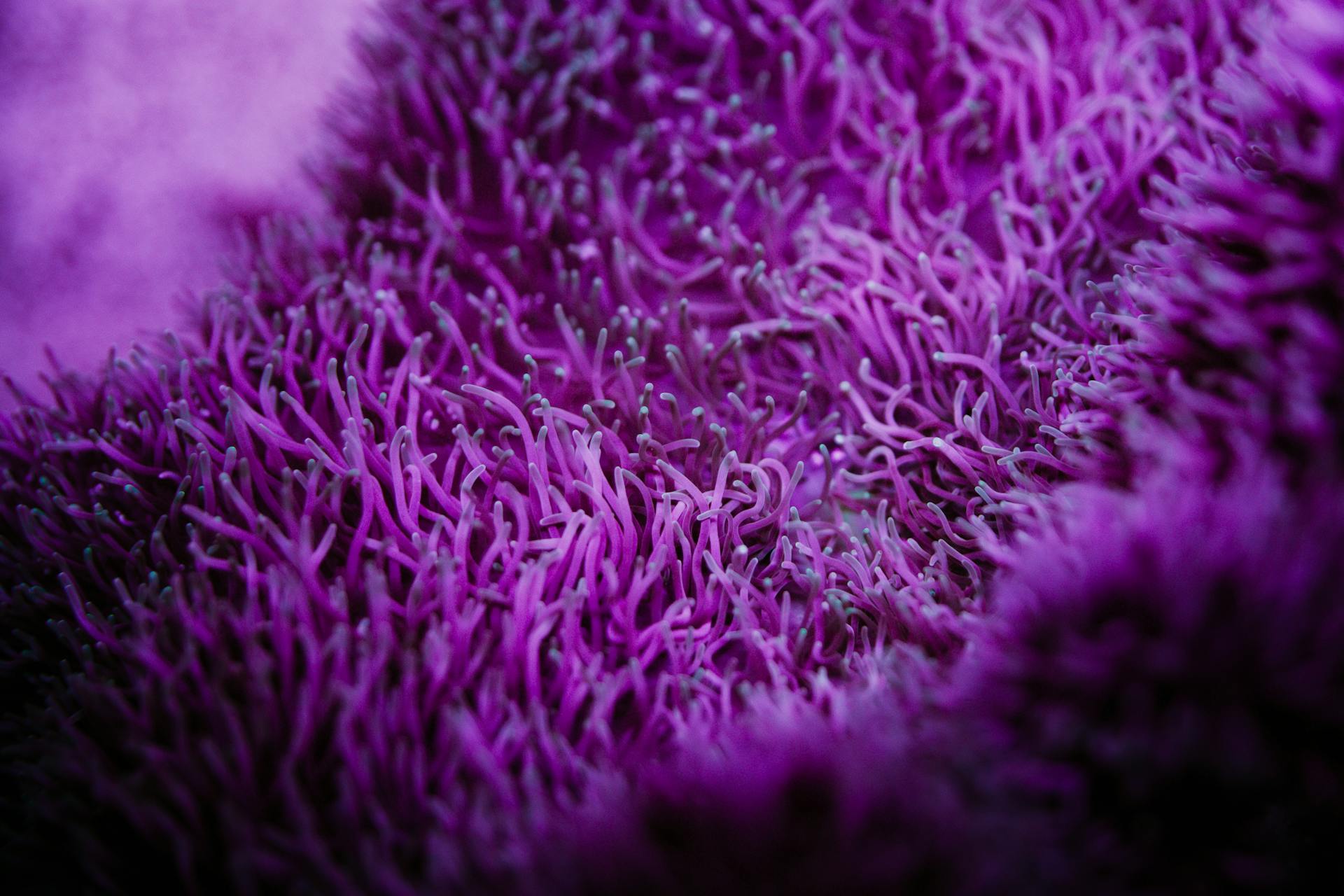
Oceanography versus marine biology - what's the difference? These two fields are often confused with each other, but they have distinct differences when it comes to their focus and scope. Oceanography is the study of the physical and chemical properties of the ocean, while marine biology focuses on the study of marine organisms and their interactions with their environment.
Both oceanography and marine biology are popular fields of study, but they require different skill sets and expertise. Oceanographers need to have a strong foundation in physics, chemistry, and geology to understand how the ocean functions as a system. Marine biologists, on the other hand, need to have a solid background in biology and ecology to study marine organisms and their role in ecosystems.
Despite these differences, both fields share many similarities when it comes to good working conditions and graduate school placement. As climate change progresses, there is an increasing demand for professionals who can help us understand our changing oceans. If you're interested in pursuing a career in either oceanography or marine biology, you'll likely face intense competition for work you'll find fulfilling as you work toward achieving your life-long goal.
Oceanography Versus Marine Biology: What's the Distinction?

It's pretty clear – marine biologists study things that live in aquatic environments. The word "marine" means aquatic, and the suffix -ology means study, so marine biology means the study of aquatic life. On the other hand, oceanographers study the physical elements of water systems, including salt content, tides, and rock formations.
While both fields complement each other and at times overlap, they focus on different aspects of the ocean. If you're choosing what to study in college or what school to attend, it's essential to know which field offers majors or introductory courses as per your needs. If you're drawn to studying aquatic life, marine biology may be for you. Alternatively, if you prefer understanding how water works overall, then oceanography may be your calling.
Marine biology isn't limited to just studying fish and coral reefs; there are several sub-fields such as chemistry and geology that make tremendous contributions to our understanding of the ocean ecosystem. If you're interested in pursuing a career in marine biology or have any ideas/comments regarding this topic, feel free to contact us!
What Do Marine Biologists Do?
Marine biologists are scientists who study marine organisms and their symbiotic relationship with the marine ecosystem. Their main responsibilities include identifying and finding new species of marine animals and plants, as well as recording and maintaining a complete record of marine life. With an estimated 700000 million marine animal and plant species in the world’s oceans, there is always something new to discover.
Marine biologists play an active role in affecting ecosystems by examining the evolutionary history of living species. They investigate evolutionary trends by examining fossil records to determine how marine organisms have adapted over time. By understanding how environmental factors affect marine life, they can help preserve and protect these fragile ecosystems for future generations.
Environmental marine biologists experience problems from pollution, climate change, and other human activities that harm or destroy habitats. As a result, they develop strategies to reduce these effects on the ocean’s creatures. This can include developing alternative methods for fishing or creating protected areas where certain species can thrive without being disturbed. Marine biology investigates every aspect of marine life – from microscopic organisms to massive whales – to learn more about our planet’s extraordinary underwater world.
Main Differences Between Oceanography and Marine Biology
Oceanography primarily focuses on the study of the Earth's environment, including the physical and chemical aspects of the ocean. On the other hand, marine biology studies marine life, including its physiology characteristics, life history, and building blocks. Oceanographers analysts are interested in how these factors affect life in the ocean.
Oceanography considers many aspects of Earth's environments that can affect marine life such as topography physical science. For example, oceanographers may study how changes in currents or temperature caused by global warming could impact marine ecosystems. Marine biology focuses more on studying individual organisms and their interactions with each other rather than larger scale environmental changes.
Geology includes oceanography while marine biology is a complete record of living things found in the ocean. Although both sciences include marine biology, they differ significantly in their approach to understanding life in the sea. By doing thorough research and thoughtful analysis between these two disciplines, we can better understand how to conserve our oceans for future generations.
Frequently Asked Questions
What are three disadvantages of marine biology?
Three disadvantages of marine biology include limited job opportunities, physically demanding work conditions, and potentially dangerous encounters with marine life.
What is dangerous about marine biology?
Marine biologists can face dangers such as rough weather conditions, encountering dangerous marine animals, and exposure to hazardous chemicals used in research. It is important for them to take proper precautions and follow safety protocols to minimize risks.
What does an oceanographer do?
An oceanographer studies the physical, chemical, and biological aspects of the ocean to understand its behavior and how it affects our planet. They collect data through fieldwork, laboratory experiments, and computer modeling to help us better manage and protect our oceans.
What are the top 10 marine biology colleges?
The top 10 marine biology colleges in the US according to U.S. News & World Report rankings are: Harvard University, Massachusetts Institute of Technology (MIT), Stanford University, California Institute of Technology (Caltech), University of California--San Diego (Scripps Institution of Oceanography), Oregon State University, University of Washington, Duke University, University of Miami and Texas A&M University.
What does bio mean in marine biology?
Bio in marine biology refers to the study of living organisms and their interactions with each other and their environment in aquatic ecosystems.
Featured Images: pexels.com

